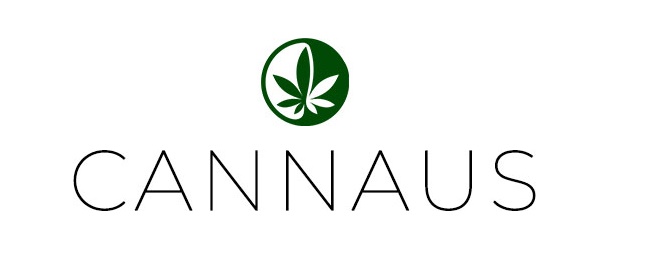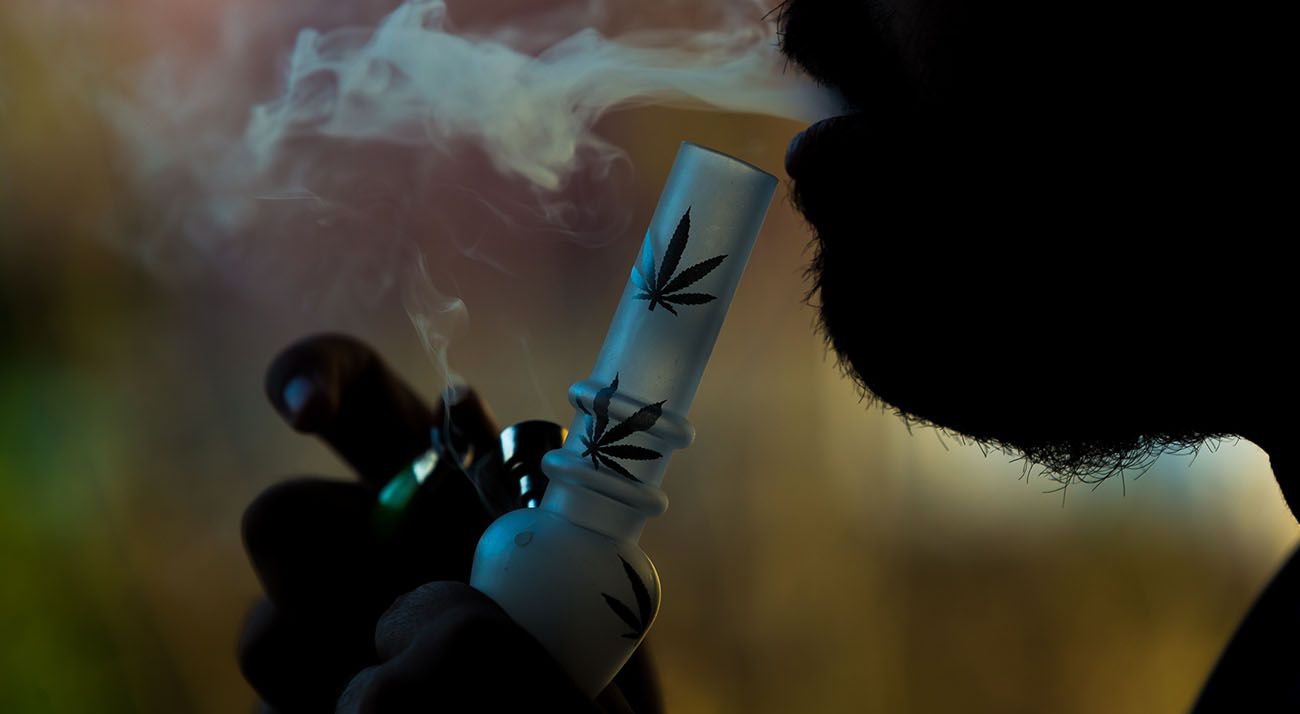An investigation into data from NSW’s Bureau of Crime Statistics and Research (BOCSAR) has shown that police are more likely to charge people in Sydney’s Western suburbs with cannabis possession than they are in more affluent suburbs.
Possessing cannabis remains a crime in NSW, but police are given discretion through the Cannabis Cautioning Scheme. The scheme allows officers to give people caught with a small quantity of cannabis a referral to NSW’s Alcohol and Drug Information Service instead of a fine or a charge.
The scheme only applies to people with no prior drug, violence, or sexual convictions and is limited to two cautions per person.
However, data taken from the last five years shows that NSW police are not embracing the spirit of equality with the cannabis cautioning scheme. While cautions are given in the majority of cases in wealthy suburbs, cautions are rare in less affluent suburbs.
This pattern extends across NSW, with cautions given 75% of the time in North Sydney, 66% of the time in Byron and 64% of the time in Northern Beaches. On the other end of the spectrum, cautions are given only 11% of the time in Singleton, 16% of the time in Muswellbrook, 24% of the time in Upper Hunter Shire and 25% of the in Dungog.
In an article in the Newcastle Herald, Greens MP David Shoebridge has argued the BOCSAR data is evidence that policing of cannabis is a form of “class war”, as “the poorer you are the more likely it is you will be taken to court by police.”
The article also sites a NSW police officer who believes that the differences in cautions are because those caught with cannabis weren’t eligible for cautions. Mr Shoebridge disagreed, writing:
Policing cannabis has failed. What it ends up delivering is serious and random harm as people are taken to court and prosecuted with all the social and economic damage it causes.”
Data from BOCSAR has also shown that Indigenous people are more likely to be given a charge than non-indigenous people. Between 2013 and 2017, 82.55% of Indigenous people caught with cannabis faced court, compared to 52.29% of non-indigenous people. In the same period, Indigenous Australians were only given a caution 11.41% of the time.








